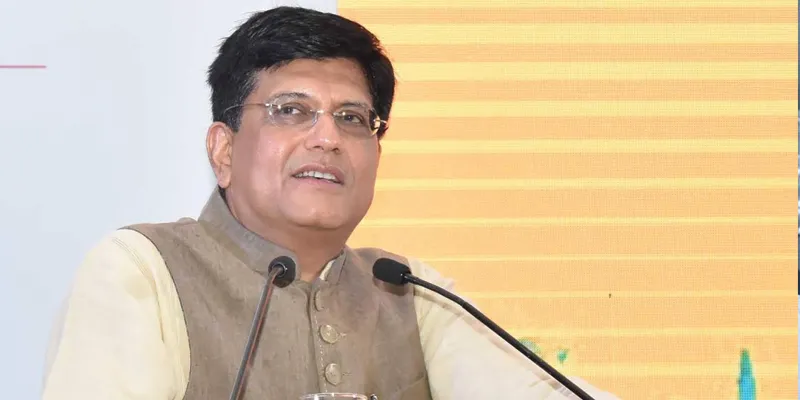Piyush Goyal plans to double engineering goods exports to $200 billion, create more jobs in manufacturing MSMEs
Piyush Goyal, Union Minister of Commerce and Industry and Railways, and Dharmendra Pradhan, Minister of Steel, discussed measures, both tariff and non-tariff, to reduce unnecessary imports and to boost exports.

Piyush Goyal, Union Minister of Commerce and Industry and Railways, and Dharmendra Pradhan, Minister of Steel said that boosting engineering goods exports would generate jobs in the manufacturing, especially in the MSME sector, according to a government statement.
The ministers were discussing challenges being faced by the steel sector and the import-export trends with steel producers in New Delhi yesterday.
They assured the steel industry that the commerce and industry and steel ministries would make all efforts to ensure that engineering goods exports double in the next five years and reach $200 billion by 2030.
The government statement read, ‘Although India is the second largest manufacturer of steel, it is also a net importer of steel. Representatives of the steel industry and the Engineering Export Councils discussed in detail with Commerce and Steel Ministers the protectionist measures being imposed by other countries and the underutilised capacity in steel manufacturing in India.’
At the meeting, Piyush Goyal and Dharmendra Pradhan discussed at length the measures that both the Commerce and Industry and Steel Ministry may take, both tariff and non-tariff, to reduce unnecessary imports and boost exports.
The statement added that steel manufacturers of MSME sector urged steel producers to supply raw material at concessional prices so that the MSMEs could compete in global markets.
A day prior to the meeting, Piyush Goyal spoke on the sidelines of the G20 Ministerial Meeting on Trade and the Digital Economy, and called for more participation by MSMEs of developing nations in domestic and global trade.
He also recently urged representatives of Indian industry, trade and exports bodies to reduce dependency on subsidies and grants from the Central Government and strive to make industry and production more competitive and self-reliant.
Goyal explained that when production takes place on a large scale, domestic manufacturing and business grows. This leads to import substitution and also improves the quality of products.
(Source: PIB)









